1. Eiffel Tower, Paris, France • The Eiffel tower was once repurposed as a giant radio antenna to save it from being demolished in 1909. • Temperature changes cause the height of the Eiffel tower to change by nearly 16 inches. • The French were smart: to keep Hitler from reaching the top of the […]
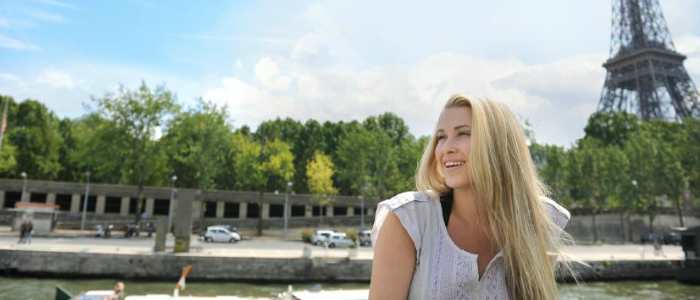
Tips for Backpacking in Europe That Students Can Use
Backpacking is a popular activity for students in Europe in that they can get to many amazing...

Most Amazing Facts about Monuments In Europe
1. Eiffel Tower, Paris, France • The Eiffel tower was once repurposed as a giant radio antenna to...
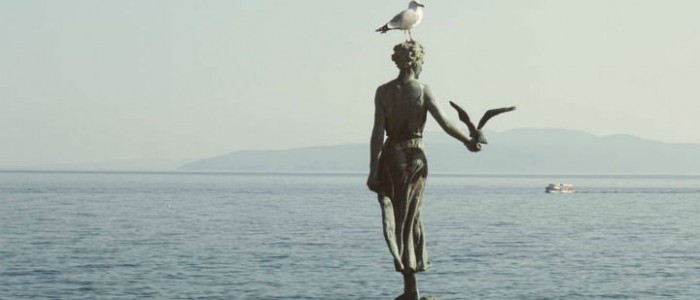
Traveler’s Guide to Croatia
Traveler’s Guide to Croatia: From Sinj and the Medieval Equestrian Competition to the Wine...
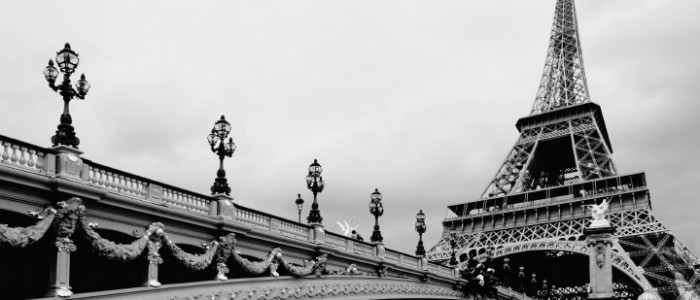
View Paris and Dine at the Eiffel Tower
If you are visiting Paris, you will find several spots that are must see destinations for...
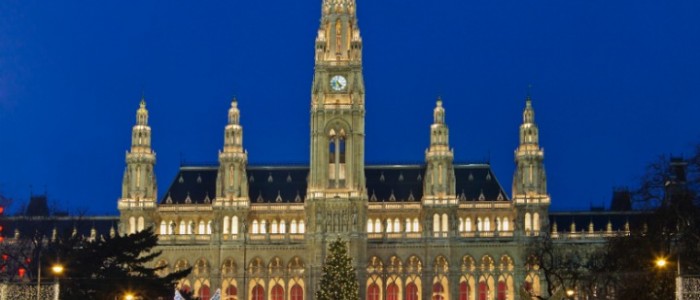
New Year’s Eve in Vienna
New Year’s Eve is special in every city, but in Vienna, the end of the year is a musical...
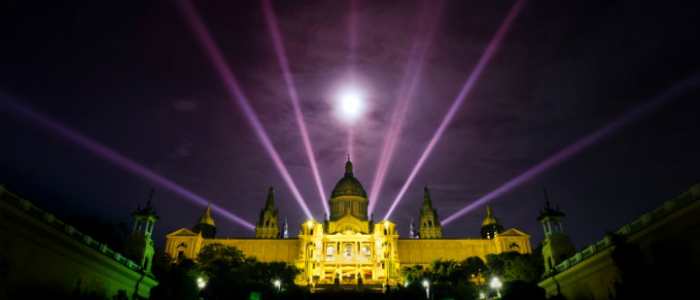
Christmas in Barcelona
Christmas is a magical time around the world, especially in the picturesque Spanish city of...
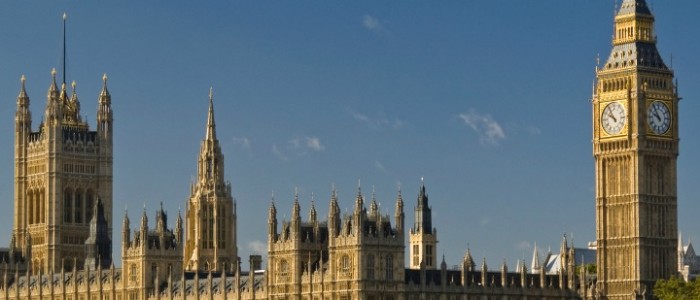
Your Guide on London’s Best Christmas Markets
Do they know it’s Christmas time at all? – Okay, there are still a couple of weeks left until...
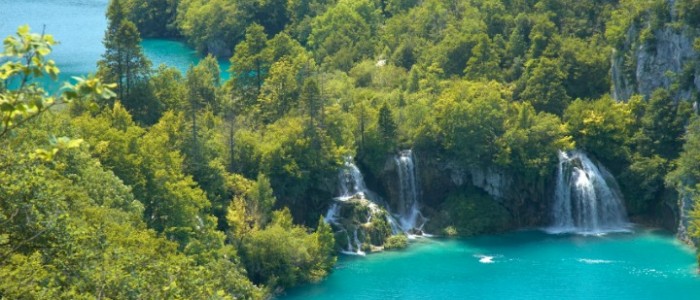
The Most Popular National Parks in Europe
The Most Popular National Parks in Europe You should check out one of these amazing national parks...


Europe Travel Insights
About EuropeTravel.net:
EuropeTravel.net is a European travel guide website,
blog and open travel social community. It was designed to connect visitors and travel professionals,
and help build an informative platform dedicated to all aspects of traveling throughout the 55 European nations.
This provides an excellent way for travelers to share information on their favorite destinations, but also to engage with others who share their passions, to explore new travel possibilities and to find great deals as well. Travelers can create social profiles that give as much information as they want, organize their photos and videos, post entries and more.
-
Most Amazing Facts about Monuments In Europe
 Posted on 17th Jan 2016 0 comments
Posted on 17th Jan 2016 0 comments -
View Paris and Dine at the Eiffel Tower
 Posted on 30th Nov 2015 0 comments
Posted on 30th Nov 2015 0 commentsIf you are visiting Paris, you will find several spots that are must see destinations for travelers. You will want to visit the Louvre, the Arc de Triomphe and of course, you will want to visit the Eiffel Tower. This tower is easily the most recognized landmark in France, and it is one of the […]
-
What Are the Most Visited Museums In Europe?
 Posted on 7th Oct 2015 0 comments
Posted on 7th Oct 2015 0 commentsEurope is home to a variety of impressive museums dedicated to many parts of history and culture. Here are some of the most popular ones that people visit every year. British Museum, London The British Museum is a site dedicated to the history and culture of the United Kingdom. The museum is home to many […]
-
How Can I Go Camping in Europe?
 Posted on 13th Feb 2015 0 comments
Posted on 13th Feb 2015 0 commentsCamping can not only be a great way to see Europe and enjoy a more authentic experience, but it also offers a much cheaper option as compared to other types of accommodations. There are few Americans who seem to take advantage of the opportunity, so if you do you’ll probably have the chance to mingle […]
-
Tips for Backpacking in Europe That Students Can Use
 Posted on 5th Mar 2016 0 comments
Posted on 5th Mar 2016 0 commentsBackpacking is a popular activity for students in Europe in that they can get to many amazing places on a budget. There are many important tips for students like yourself to be aware of before heading out around the continent. Backpacking: Look for a Train Pass The first tip is to get a train […]
-
Most Amazing Facts about Monuments In Europe
 Posted on 17th Jan 2016 0 comments
Posted on 17th Jan 2016 0 comments1. Eiffel Tower, Paris, France • The Eiffel tower was once repurposed as a giant radio antenna to save it from being demolished in 1909. • Temperature changes cause the height of the Eiffel tower to change by nearly 16 inches. • The French were smart: to keep Hitler from reaching the top of the […]
-
Traveler’s Guide to Croatia
 Posted on 11th Dec 2015 0 comments
Posted on 11th Dec 2015 0 commentsTraveler’s Guide to Croatia: From Sinj and the Medieval Equestrian Competition to the Wine Country of Varazdin and Beyond The nation of Croatia offers something for almost everyone. With 2,000 kilometers of breathtaking coastline, most travelers tend to visit the country’s pristine beaches, but inland Croatia is filled with rugged wilderness as well as […]
-
Your Guide on London’s Best Christmas Markets
 Posted on 25th Nov 2015 0 comments
Posted on 25th Nov 2015 0 commentsDo they know it’s Christmas time at all? – Okay, there are still a couple of weeks left until the Christmas season starts with Xmas songs blasting out in the radios and flashy shopping windows garnished in glamorous Santa attire. It is common practice, that the city’s Christmas Markets are the centre of attention during […]
